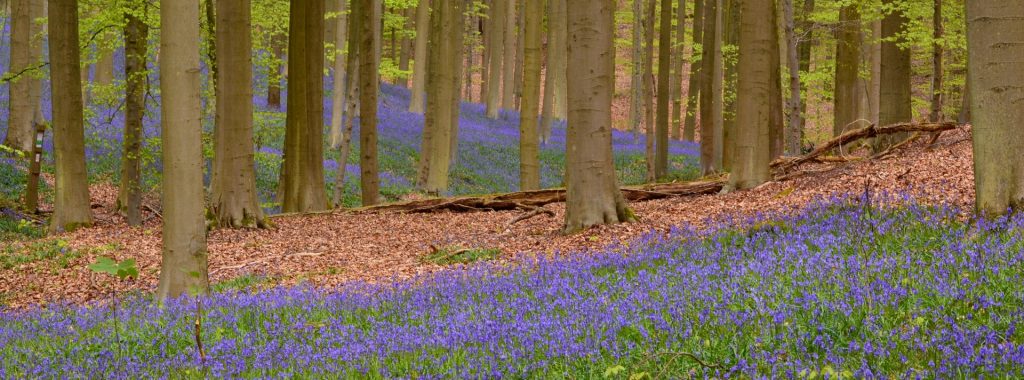I had the most beautiful walk yesterday, it felt so positive uplifting and revitalizing. It often happens when life is busy and I don’t have time to step out into the woods that when I do return it is as if the experience is new. I feel so amazed, blessed and happy to be able to experience, smell and see the beauty that is nature.
The flood of positive energy and good vibes is also amazing, nature truly has a positive effect on one’s mind. In Japan, this concept is known as the principle of Shinrin-yoku or forest bathing.

1982 – Japan, Tomohide Akiyama the Minister of Agriculture, Forestry and Fisheries stated that the people of Japan were in need of healing through nature. This idea becomes the movement and principle Shinrin-Yoku. Akiyama stated that it was a way of healing people regardless of age, gender or race.
“It would seem from this fact, that man is naturally a wild animal, and that when taken from the woods, he is never happy in his natural state, ’till he returns to them again.”
―Benjamin Rush,A Memorial Containing Travels Through Life or Sundry Incidents in the Life of Dr Benjamin Rush
Shinrin-yoku – Immerse Yourself in the Woods
There are a few things that you can do to make your experience in the woods more healing. It is recommended that one spends between 2-4 hours in the forest, woods or wilderness in order to experience shinrin-yoku to its fullest. Furthermore, it is beneficial that one leaves technology behind; this means no headphones, music or phone calls. It is important to listen to the sounds of nature as well as enjoy and appreciate all that the natural world has to offer. Walk slowly, breathe deeply – controlled and let the therapy of the woods heal you – mentally, physically, emotionally and spiritually.
[inline-ad]

Benefits of Shinrin-Yoku
There are numerous benefits to this type of forest therapeutic walking and breathing. Trees, like all plants of nature, create secondary metabolites or plant secondary compounds that provide them with defense against pests and signals to other plants and animals. These compounds include alpha and beta-pinene, 1.8 cineole, d-limonene, and humulene as well as vitamins, antioxidants and essential oils. Many of these compounds become airborne and are taken up and into the body when one is walking through the woods. These compounds have antibacterial, anti-inflammatory and anticarcinogenic benefits for the body.
Done over time, on a consistent basis shinrin-yoku has been shown to aid and benefits the following (these benefits are a combination of the forest, clean air, walking, deep breathing and positive environment and energy):
- Stabilizes blood glucose levels
- Regulate and balance hormone secretion; specifically cortisol (the stress hormone – aiding in the decrease of inflammation)
- Decrease blood pressure
- Promote Positive Brain Activity
- Boosts the immune system
- Aids in balancing cholesterol levels
- Reduces arterial contractions
- Increases the production of white blood cells
- Reduces vascular inflammation
- Aids an individual in handling and dealing with depression
- Allows one to destress, love themselves better and balance emotions
Take some time this week as take a stroll through the woods. Follow one of your favorite trails and allow the forest to heal you. You may not feel it now, but you will – through your entire body from head to toe and right into your soul. Allow yourself to reconnect with the earth, with nature and with yourself.
“And into the forest I go, to lose my mind and find my soul”
―John Muir

References
Ohtsuka, Y., Yabunaka, N., & Takayama, S. (1998). Shinrin-yoku (Forest-air breathing and walking) effectively decreases blood glucose levels in diabetic patients. International Journal of Biometeorol. 41 (3) 125-7. Online Available at PubMed.
Park, B.J., Tsunetsugu, Y., Kasetani, T., Kagawa, T., & Miyazaki, Y. (2010). The physiological effects of Shinrin-yoku (taking in the forest atmosphere or forest bathing) evidence from field experiments in 24 feet forest across Japan. Environmental Health Prevention Medicine. 15(1) 18-26. Online available at PubMed.
Prescott, S.L. & Logan, A, C. (2017). The Secret Life of Your Microbiome. Canada: New Society Publishers.
Schaffer, L. (2017). Living Well on the Road. New York: Rowman & Littlefield.
Amanda Filipowicz is a certified nutritional practitioner (CNP) with a bachelor in environmental studies (BES) from York University. She also has certification in clinical detoxification, prenatal and postnatal care as well as nutrition for mental health. She has been working as a nutritionist since 2013 and is a lifelong proponent of eating healthy.

